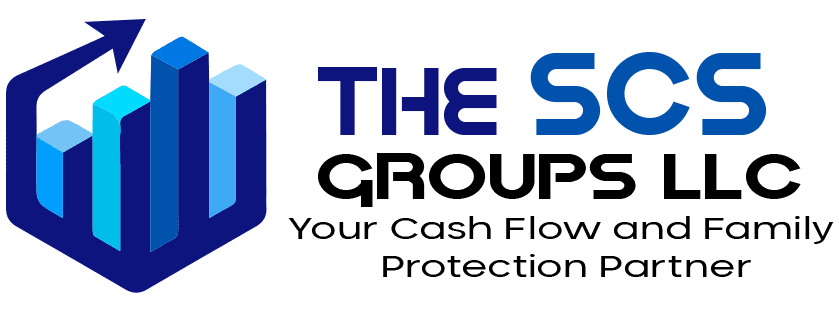Social Media
Social Media
Social media refers to digital platforms and applications that enable users to create, share, and interact with content, as well as engage with others in virtual communities. These platforms provide spaces for individuals, businesses, and organizations to connect with a global audience, express opinions, share information, and foster relationships through various forms of media, including text, images, videos, and live broadcasts.
At its core, social media is about communication, collaboration, and interaction. It’s an essential part of modern life, influencing everything from how we consume news to how businesses promote products and services. Popular platforms like Facebook, Instagram, Twitter (now X), LinkedIn, TikTok, and YouTube each offer unique features that cater to different types of users, from individuals seeking entertainment and connection to companies aiming to engage with customers and drive sales.
Key Features and Benefits of Social Media:
Connection and Networking: Social media allows users to connect with friends, family, colleagues, or like-minded individuals across the globe. These platforms provide opportunities to network professionally (LinkedIn), engage with hobbies and interests (Facebook Groups, Reddit), or build communities around shared passions (Instagram, Twitter).
Content Sharing: Users can create and share various types of content such as status updates, photos, videos, articles, and stories. This ability to share content quickly and easily fosters creativity and personal expression, and also helps brands to spread their messages more effectively.
Brand Awareness and Marketing: For businesses, social media is a powerful marketing tool. It allows companies to build brand awareness, engage with customers, promote products and services, and create a loyal online following. Paid advertising on platforms like Facebook, Instagram, and LinkedIn enables targeted marketing, reaching specific audiences based on demographics, interests, and behaviors.
Engagement and Feedback: One of the most significant advantages of social media is the ability for businesses to engage directly with their audience. Through comments, likes, shares, and direct messages, users and companies can communicate instantly, building stronger customer relationships. Social media also offers a way to gather real-time feedback, reviews, and insights into customer preferences and opinions.
Real-Time Updates: Social media allows for instant updates, whether it’s breaking news, live events, or real-time conversations. Features like Twitter’s live tweets, Instagram Stories, and Facebook Live provide platforms for immediate interaction, keeping audiences informed and engaged as events unfold.
Influencer Marketing: Social media has given rise to influencers—individuals with significant followings who can influence the purchasing decisions of their audience. Brands collaborate with influencers to tap into their reach and promote products or services in an authentic, engaging way.
Targeted Advertising: Social media platforms have advanced targeting capabilities, allowing businesses to run highly specific ad campaigns. Advertisers can target potential customers based on their age, location, interests, browsing behavior, and even job titles. This precision makes social media advertising an effective tool for driving conversions and growing brand awareness.
Customer Support: Many businesses use social media as a customer service channel, providing quick responses to inquiries, addressing complaints, and offering support. This enhances customer satisfaction and builds trust in the brand.
Viral Content: Social media has the power to turn content into viral phenomena, where a post or video is shared by millions of users worldwide. Viral content can generate massive exposure for a brand or message in a very short time, often leading to increased sales, traffic, or recognition.
Types of Social Media Platforms:
Social Networks: Platforms like Facebook, LinkedIn, and Google+ (though Google+ has been discontinued) enable users to connect with friends, family, and colleagues, share updates, and engage in discussions.
Microblogging: Twitter and X (formerly Twitter) are examples of platforms that allow users to share short updates, news, and thoughts, typically in 280 characters or less.
Visual Content Platforms: Instagram, Pinterest, and Snapchat focus primarily on visual content, such as photos, videos, and infographics. These platforms are ideal for businesses that rely on visual marketing, such as fashion, food, and travel industries.
Video Sharing: YouTube, TikTok, and Vimeo are platforms focused on video content, enabling users to share videos ranging from educational content to entertainment. These platforms have become important tools for content creators, influencers, and businesses.
Messaging Apps: Platforms like WhatsApp, Facebook Messenger, and Telegram are used for direct communication, offering personal and group messaging, voice calls, and even business-customer interactions.
Social Bookmarking: Platforms like Reddit and Digg allow users to share links, articles, and other content that others can upvote or downvote, influencing what’s seen as popular or relevant.
Silver
$299
- Social Media Management
- Paid Social Media Advertising
- Analytics and Reporting
- Influencer Marketing
- Social Media Campaigns and Promotions
Prime
$499
- Social Media Management
- Paid Social Media Advertising
- Analytics and Reporting
- Influencer Marketing
- Social Media Campaigns and Promotions
Premium
$799
- Social Media Management
- Paid Social Media Advertising
- Analytics and Reporting
- Influencer Marketing
- Social Media Campaigns and Promotions


